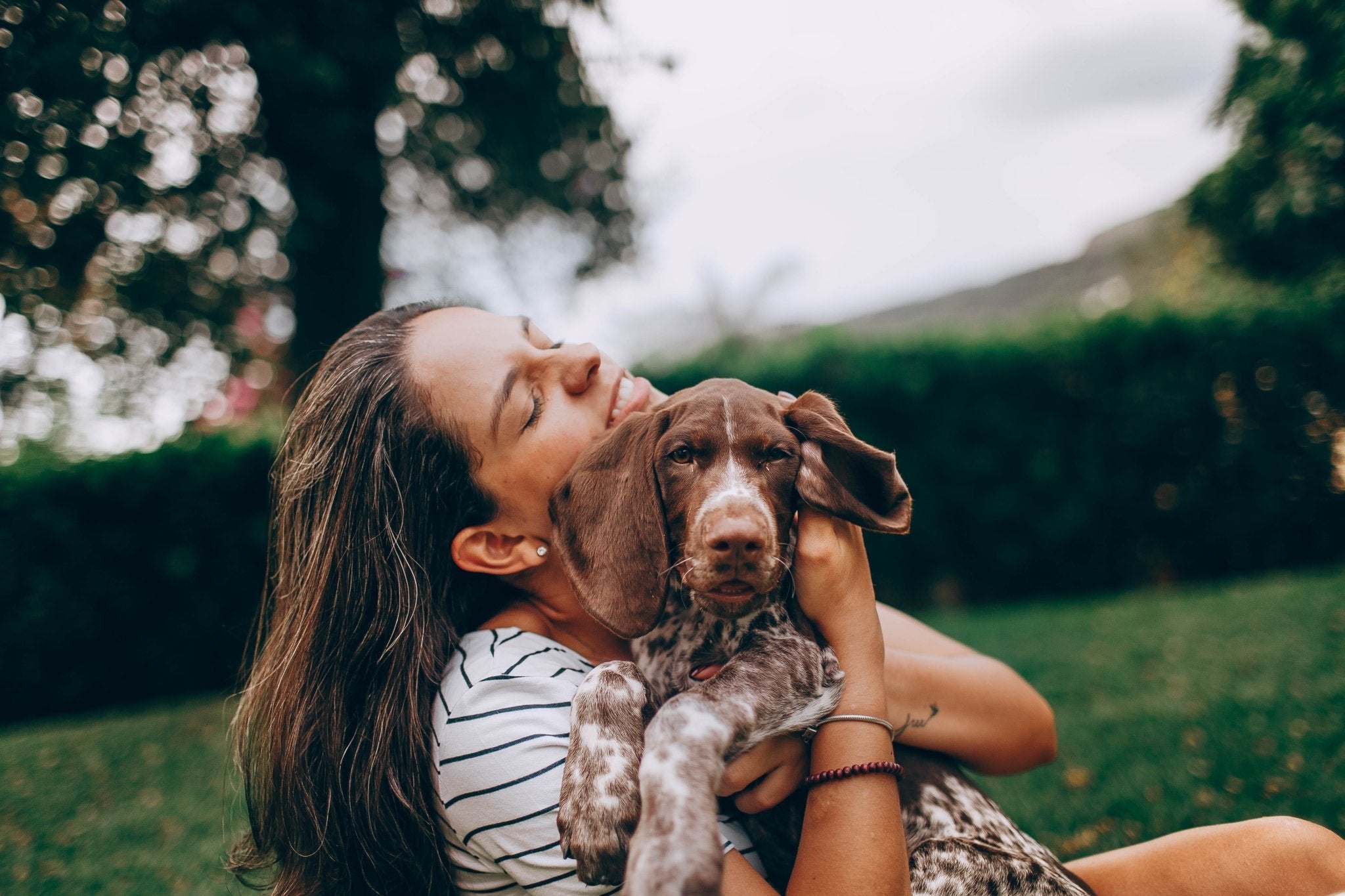Identifying Separation Anxiety in Dogs
- by Pedro Padierna
-

What is Separation Anxiety?
Separation anxiety in dogs occurs sometimes occurs when they are left alone, usually for more than 30 minutes. Often dogs get anxious in this way because they are distressed when their owner is not around. It can manifest in dogs that get bored when their owners are out, or dogs that get upset because their owners are out.
Signs of Separation Anxiety in Dogs
The most common signs of separation anxiety in dogs are destructive behaviour, toileting and barking. Other signs include whining, pacing, repetitive behaviour, self-mutilation, excessively salivating and vomiting.
Destructive Behaviour
One of the most common signs of separation anxiety in dogs is destructive behaviour. Dogs suffering from separation anxiety may chew doors and furniture while their owner is out, dig, or attempt to escape. If your dog does these things but only when you’re not present, it may be a sign of separation anxiety.
Toileting
If a dog is urinating or defecating in the house, but only when the owner isn’t present, this is likely a sign of separation anxiety. Dogs that are usually well house-trained can still have ‘accidents’ in the house if they have separation anxiety.
Barking and Howling
Another common symptom of separation anxiety in dogs is noise. If the dog barks or howls persistently when the owner is not there, they may have anxiety over the owner leaving them.
Whining
Excessive whining is also a symptom of separation anxiety in dogs. If the dog is whining in combination with one or multiple of these other symptoms, it may be worth a trip to the vets to discuss treatments.
Pacing
A dog pacing, either in circles or in straight lines back and forth, is another symptom of separation anxiety. Like with many other of the symptoms, this will only happen when the owner is not around, and is done in an obsessive pattern.
Self-Mutilation
If your dog appears to have cuts on their paws, broken teeth or damaged nails, this may mean they have separation anxiety. Problems like these can be caused by a dog trying to escape or by obsessively chewing and damaging furniture and doors.
Excessively Salivating and Vomiting
Dogs that excessively salivate, particularly when the owner is not around, may be suffering from anxiety because their owner is not present. Likewise, vomiting can also be a sign of this.
Agitation When Preparing to Leave
If your dog appears to be anxious, or exhibits and other signs while you are preparing to leave the house, then this might be because they have separation anxiety.
Preventing and Treating Separation Anxiety in Dogs
The first step is to rule out any other medical conditions that may result in any of these symptoms, particularly urination, defecation, excess salivation and vomiting. Certain medications that your dog is on or an unknown medical condition could also be the reason for this unusual behaviour, as can incomplete house-training.
Once you’ve established that the most likely reason for your dog’s peculiar behaviour is separation anxiety, you can treat it in a number of ways:
- Counter-conditioning: this is the process of making your dog associate you leaving with a good result, such as a treat. You could give the dog a puzzle toy stuffed with a special treat that they only get when you leave them. Over time, your dog will associate you leaving with this special treat, and will predict when they get it. Why not treat your dog to some sustainable pet supplies and dog accessories?
- Don’t make a big thing out of leaving and coming back: ignoring your dog for a few minutes when you get home can make you returning a little less overwhelming.
- Leave your scent: leaving out some recently-worn clothes can help to calm your dog because they can still smell you.
- Calming supplements: there are many over-the-counter supplements and dog accessories available that may improve your dog’s separation anxiety. Try some things out and see what works for you!





